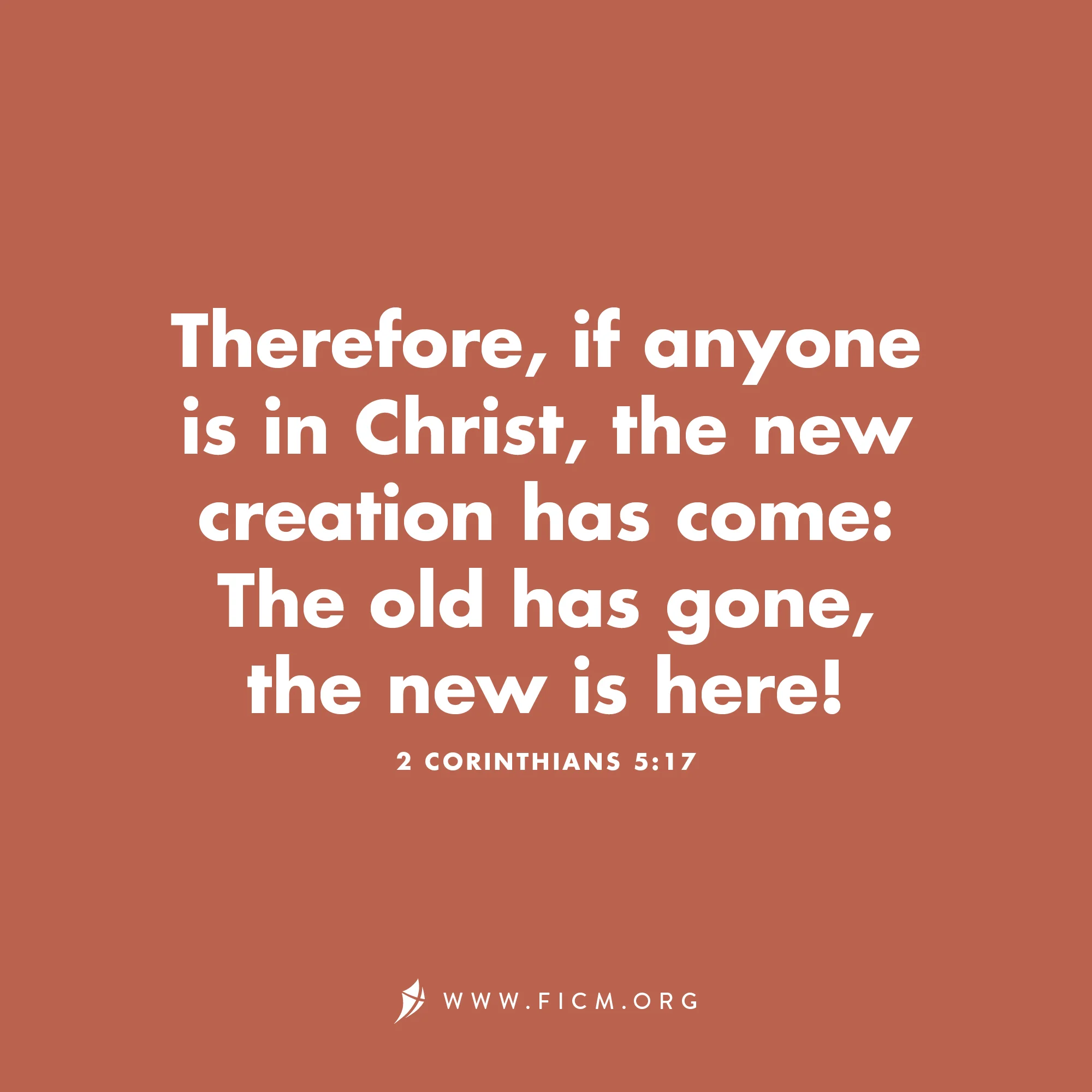A New Identity in Christ
Jacob was in a difficult situation. Twenty years before he had tricked his father, Isaac, into giving him a blessing due to his older brother, Esau. Esau was furious and vowed revenge (see Genesis 27). Jacob fled for his life, but he realized he could not avoid Esau forever. So he sent messengers to Esau’s land with a message of reconciliation. Esau came to meet him—with 400 men.
Jacob’s name literally meant “supplanter,” and he had lived up to that identity. As he waited for Esau beside the Jordan River, a “man” appeared and wrestled with him, and he struggled to get away. Suddenly, the dawn broke, and Jacob saw the face of God. The whole battle changed, and Jacob struggled to hang on. He wouldn’t let go until this “man” blessed him. This encounter with God forever changed Jacob: “Your name will no longer be Jacob, but Israel, because you have struggled with God and with humans and have overcome” (Genesis 32:28). Jacob limped across the Jordan, but his name was now Israel, which means, “God strives.”
Our encounter with God has forever changed us. We are no longer by nature objects of wrath (see Ephesians 2:3); we are children of God (see 1 John 3:1-3). “For you were once darkness, but now you are light in the Lord. Live as children of light” (Ephesians 5:8). First Peter 2:9-10 states, “You are a chosen people, a royal priesthood, a holy nation, God’s special possession, that you may declare the praises of him who called you out of darkness into his wonderful light. Once you were not a people, but now you are the people of God; once you had not received mercy, but now you have received mercy.”
Everyone has struggled with his or her self-perception. Little children have a natural heritage and identity, which they received from their earthly parents. Teenagers begin to search for their own identity. Adults try to make a name for themselves in the world. The natural tendency is for them to find their identity in the things they do, places they live and the roles they play.
It is totally different for believers who have become new creations in Christ. “Here there is no Gentile or Jew, circumcised or uncircumcised, barbarian, Scythian, slave or free, but Christ is all, and is in all” (Colossians 3:11). In other words, there are no racial, religious, cultural or social distinctions. All believers are children of God and share the same status in the family of God.
Paul says, “From now on we regard no one from a worldly point of view” (2 Corinthians 5:16). Literally, this means that Paul no longer recognizes believers according to the flesh—that is, their natural identity or who they were in Adam. He recognizes believers as new creations in Christ (see 2 Corinthians 5:17).
Paul asks, “Don’t you know that all of us who were baptized into Christ Jesus were baptized into his death?” (Romans 6:3). Don’t you know that we have been united with Christ in His death and resurrection (see verse 5)? Don’t you know who you are? You must keep asking yourself until you reply, “Yes, I do know who I am: a new person in Christ, and by the grace of God I shall live accordingly.”
Questions to ponder:
How and why did Jacob’s behavior change when his perception of the “stranger” change?
From where do people derive their identity?
How does God’s perception of us change after we are born again?
How have you perceived yourself in the past? How has that perception changed since you became a Christian
How has your perception about yourself and God affected the way you live?



